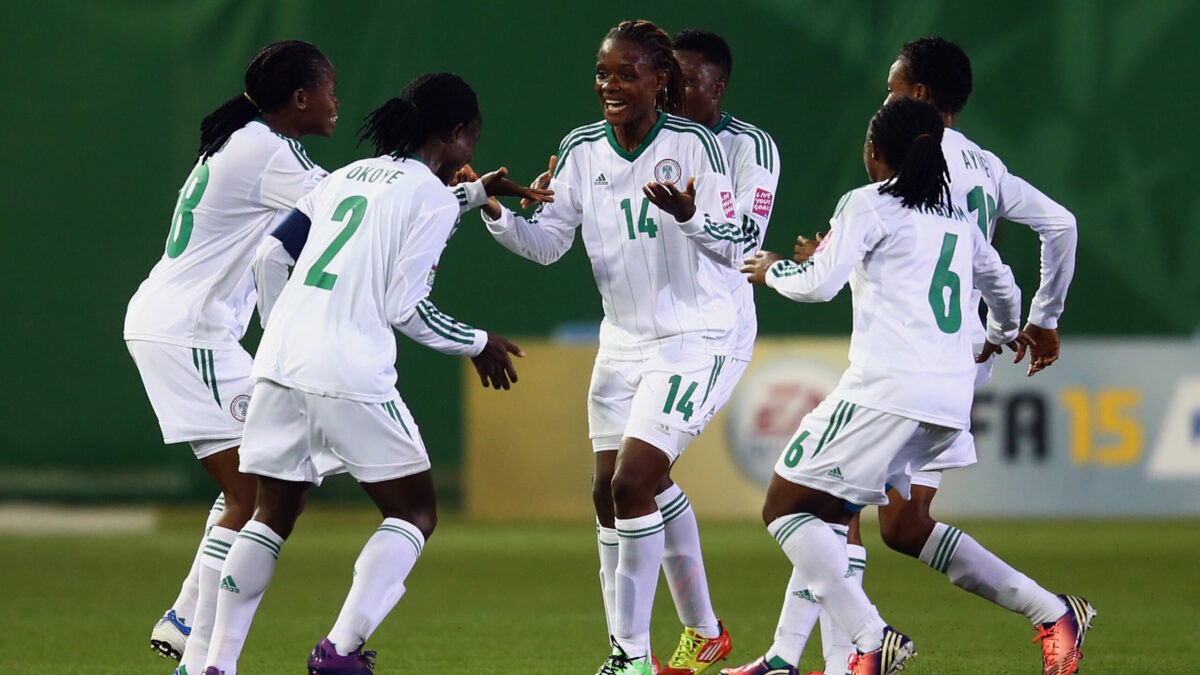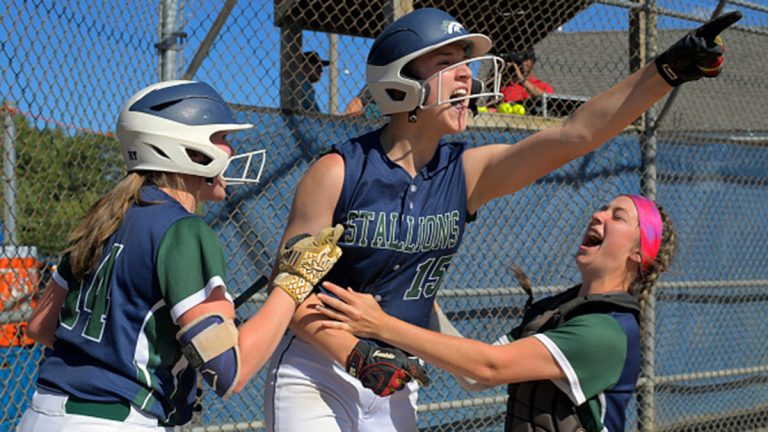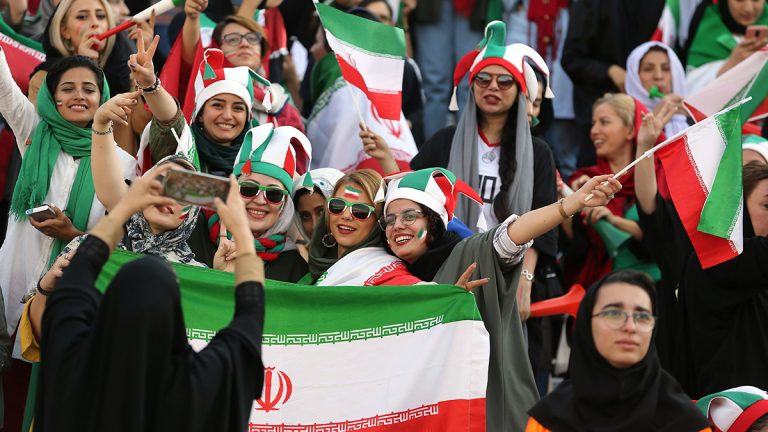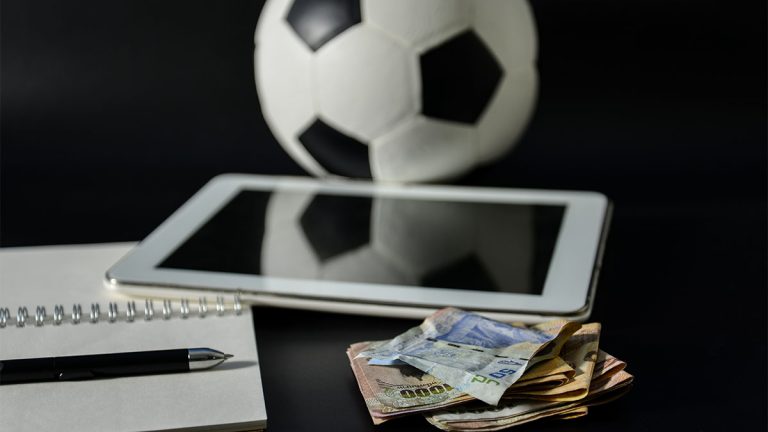Women's Sports In Africa: The Debacle Facing It And How It Can Be Improved
Why this matters
Women sports, for years gone, has faced countless hurdles in Africa, with the continent majority plumping for better attention on the part of their male counterparts. As such, gender discrimination in sports remain deeply entrenched and tolerated in most parts of Africa. Such perceived prejudicial treatment has re-awakened issues regarding gender inequity.
As Megan Rapinoe put it — "I think it's pretty clear women in sport have not been treated with the same care and financing and all of that that men's sports has. I don't think anyone's really arguing about that anymore." And it really is.
It really should be that sport can serve as a powerful tool and platform for empowering women in the continent, with an ambitious view of challenging gender norms on and off the field of play. Female sports had long cried out for better sponsorship, media coverage, and tangible opportunities to be on equal footing with the male counterparts. Thus, poor funding and limited opportunities remain the biggest challenges female athletes face in Africa.
However, it has become much more evident that sports are empowering for the girl child. We have seen the possibility of girls challenging the supremacy attached to their opposite gender through sports. Last year, surfer Maya Gabeira not only smashed her record of surfing a wave of 68ft but as well shredded another of 73.5-feet at Praia do Norte in Portugal. That remained the largest wave surfed by any surfer last year, both in the male and female categories. And there are a lot of other instances.
Giving girls more sports participation clearly offers her an opportunity to build self-esteem, courage, and self-efficacy. As their belief in their own abilities increases, they drift much more towards taking up leadership positions, of course, which translates into their everyday lives.
Research has shown that over six hundred million girls are growing up in third world countries today, and it has been confirmed by international bodies the likes of the World Bank and the United Nations that the best way to combat penury and stagnation in these parts is to invest in girls and women. This is quite a thing because if you invest in the girl, you indirectly invest in her society as the education she takes in, increased earnings and human development of teenage girls have been known to have a significant impact on their families, and of course their societies at large. When the community sees the girls achieve magnificently in sport, they often tend to recognize their potential to achieve in other domains.
Through investing in them in sphere-like sports, girls are encouraged to take initiative, raise their voices and attempt things they never would have thought possible.
"I've always respected men's footballers for what they earn. The gap is enormous, but at the same time you need to give young women and girls the same opportunity as the men", one-time Ballon d'Or Féminin winner Ada Hergerberg told CNN Sports after boycotting the FIFA'S Women's World Cup in 2019.
"That's where we need to do the change. There are federations, there are clubs, there are men in high positions who have that responsibility to put the women in the right place and that's where I think, I feel, and I know, we have a long way to go."
In her battle for gender equality and greater respect for women in the sport, soccer fans have deprived of the opportunity to watch unarguably one of the best footballers strut her stuff in the summer of that year. Thus, a number of renowned athletes and sportswomen from Africa can take a leaf out of her book and raise their voices for the betterment of the women's game in the continent.
What Are The Problems Women's Sports Face In Africa?
Sport in Africa has over time been viewed as a male thing, thereby making it even more difficult to encourage adequate female participation. According to a survey carried out by a worker with the Economic Community of West African States, it was revealed that there are very few or even no organized sports activities for girls in countries like Lesotho, Malawi, and some others.
Teen girls in these parts explained that there are no places for them to play sports, as most community fields in their neighborhoods are generally understood to be for the boys. The few girls who had tried to play in those public fields were reportedly being told to vacate them or even harassed. Thus, this clearly depicts why women's participation in sports continues to be on a low in these parts.
Another significant barrier has also been the lack of parental permission to do sport. Parents feel overly worried about the safety of their daughters outside the home, with the thinking they might be assaulted. Some others would rather have their daughters beside them at home after school or simply did not believe sport should be a priority for the girl child. However, the males were free to leave home after classes to play sports in the streets and fields.
These problems, aside from insubstantial media exposure, poor sports facilities, and inadequate funding tend to contrive, and thus continue to stagnate the women's game.
But then in the midst of all these barriers women sports is embroiled in, there is a glimmer of hope.
How Better Financial Support Can Help Develop Women's Sports In Africa
It is understood that adequate funding can do the trick, in helping women sports in Africa break into the mainstream and gain bigger representation. In Allysa Marshal's Addressing The Gender Pay Gap African Sports, it was reported that the South African women's rugby team during the 2014 World Cup received between R5,000 ($345) to R2,000 ($131) for each of the games they played. That is in stark contrast to the men's team who took home around R90,000 ($6,220) or over R120,000 ($8,230) per game.
"I cannot think of any other industry [aside from the sports industry] that has such a wage gap, really", sports partnership manager at UN Women, Beatrice Frey told BBC News.
"Depending on country context and sport, a man can be a billionaire and a woman [in the same discipline] cannot even get a minimum salary."
If the income disparity between female and male athletes is breached to a considerable extent, and women can receive income on par with their male counterparts for playing sports, then sports in Africa might be reborn and women can have a rethink about indulging in sports.
Emmanuel Chinaza is an international sports media expert who was featured on The Scuffed Soccer Podcast leading up to the 2019 U-20 World Cup.





